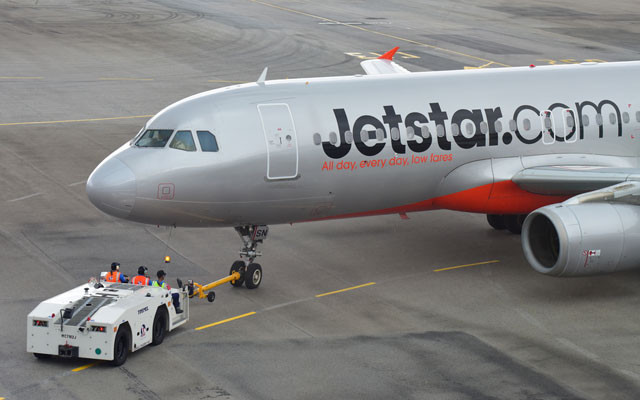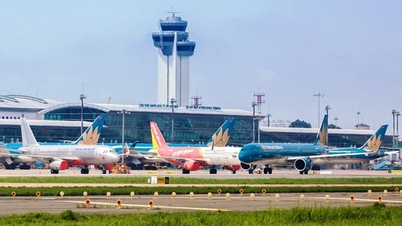Qantas said the closure of Jetstar Asia was a strategic decision. Jetstar Asia, the Singapore-based subsidiary of the Qantas Group, has faced increasing challenges in recent years.
The decision to close the airline, made together with major shareholder Westbrook Investments, was a result of soaring supplier costs (up to 200%), high airport charges and fierce competition in the region.
Despite being highly regarded for its service quality and operational reliability, Jetstar Asia is expected to record an underlying EBIT loss of $35 million this financial year before the decision to close was made.

The airline will continue to operate flights with a reduced schedule for the next seven weeks, before officially ceasing operations on July 31, 2025.
Jetstar Asia has been serving the Asian aviation market for over 20 years, providing millions of passengers in Southeast Asia with easier access to air services.
Qantas Group Chief Executive Vanessa Hudson said: “This has been a very difficult day for the Jetstar Asia team. Despite our best efforts, Jetstar Asia’s supplier costs have increased by 200%, which has significantly changed our cost structure.”
The closure of Jetstar Asia only affects routes within Asia operated from its Singapore base. Jetstar Airways' domestic and international operations in Australia and New Zealand, as well as Jetstar Japan, will not be affected.
Jetstar Airways will continue to fly from Australia to Asia, including all popular destinations such as Singapore, Thailand, Indonesia, Vietnam, Japan and South Korea.
Thirteen Jetstar Asia Airbus A320 aircraft will be gradually transferred to Australia and New Zealand. The aircraft will support fleet renewal and growth, and create more than 100 local jobs. Some of the aircraft will also help accelerate fleet renewal across Qantas' regional operations.
The closure of Jetstar Asia will incur one-off restructuring and severance costs, as well as non-cash charges for historical foreign exchange translation losses from equity reserves and asset write-downs from the resulting changes in the group's fleet mix.
The total impact is estimated at approximately $175 million, with approximately one-third in fiscal 2025 and the remainder in fiscal 2026, to be recognized outside of underlying earnings.
In the second half of fiscal 2025, Jetstar Asia expects to record an underlying EBIT loss of $25 million.
According to Qantas, Singapore remains an important hub, being the airline's third-largest international airport. Qantas also offers connections from Singapore via nearly 20 codeshare and interline partners to a variety of destinations across Asia.
In Vietnam, the Group invested in Pacific Airlines and renamed it Jetstar Pacific. However, in 2020, Qantas transferred all of its shares in Jetstar Pacific to Vietnam Airlines and the airline changed its name to Pacific Airlines.
Source: https://vietnamnet.vn/dong-cua-hang-hang-khong-gia-re-jetstar-asia-2410470.html




![[Photo] General Secretary To Lam and National Assembly Chairman Tran Thanh Man attend the 80th Anniversary of the Traditional Day of the Vietnamese Inspection Sector](https://vphoto.vietnam.vn/thumb/1200x675/vietnam/resource/IMAGE/2025/11/17/1763356362984_a2-bnd-7940-3561-jpg.webp)










































































































Comment (0)